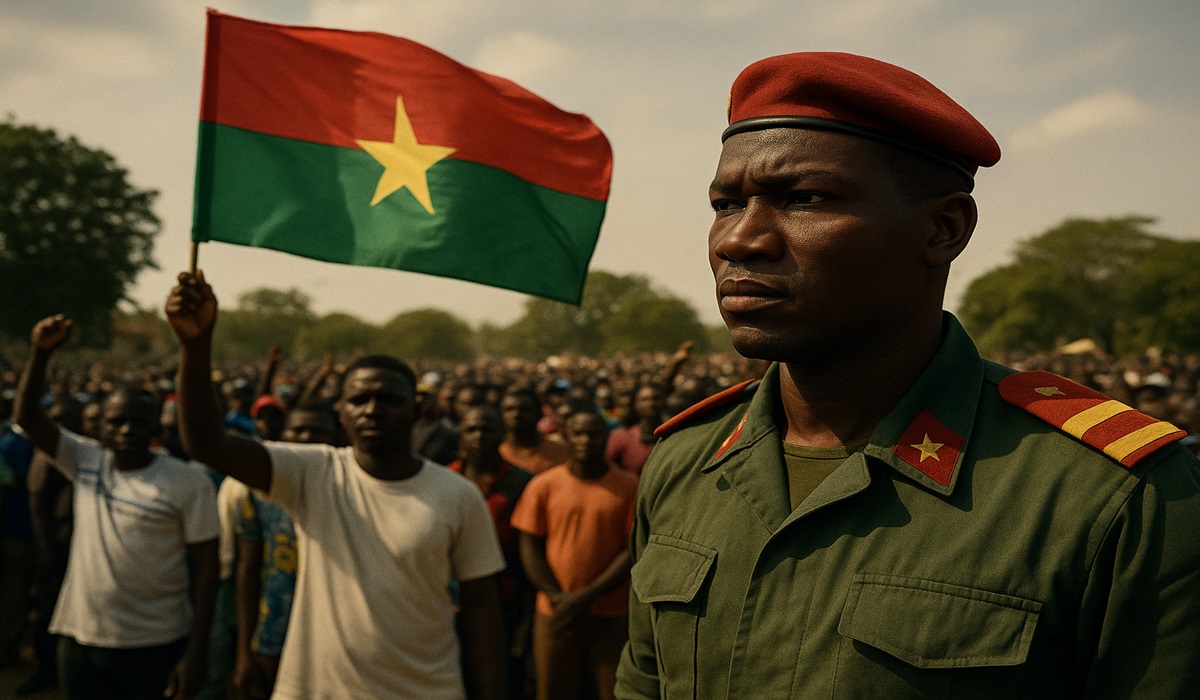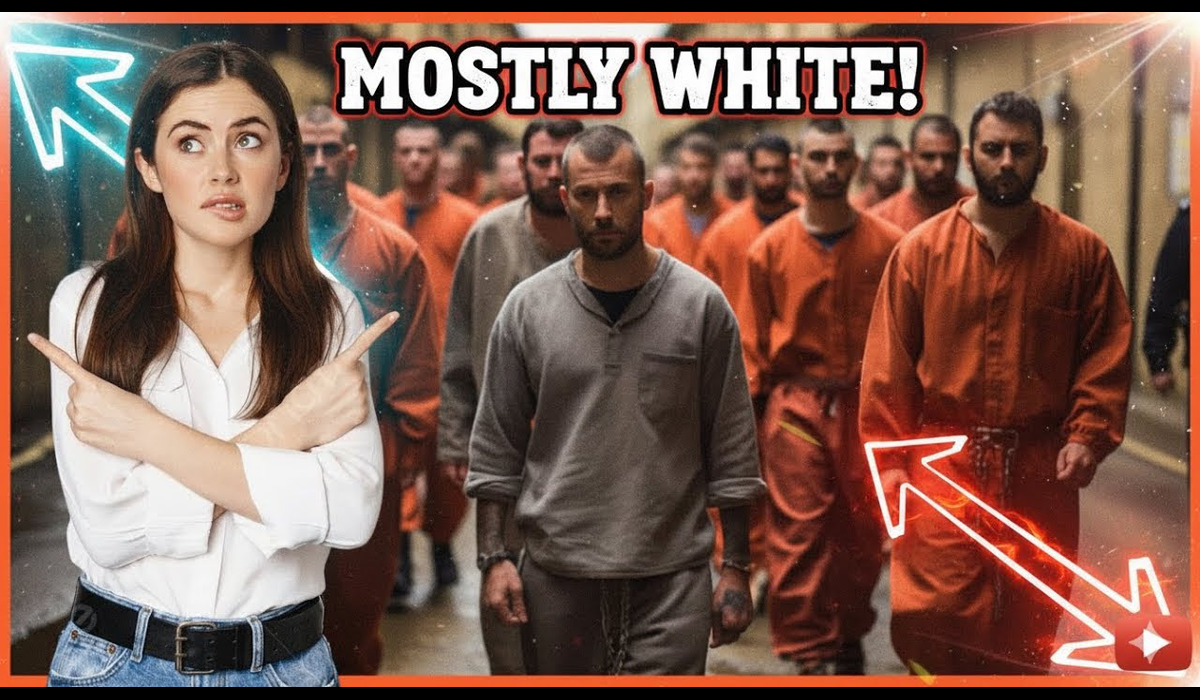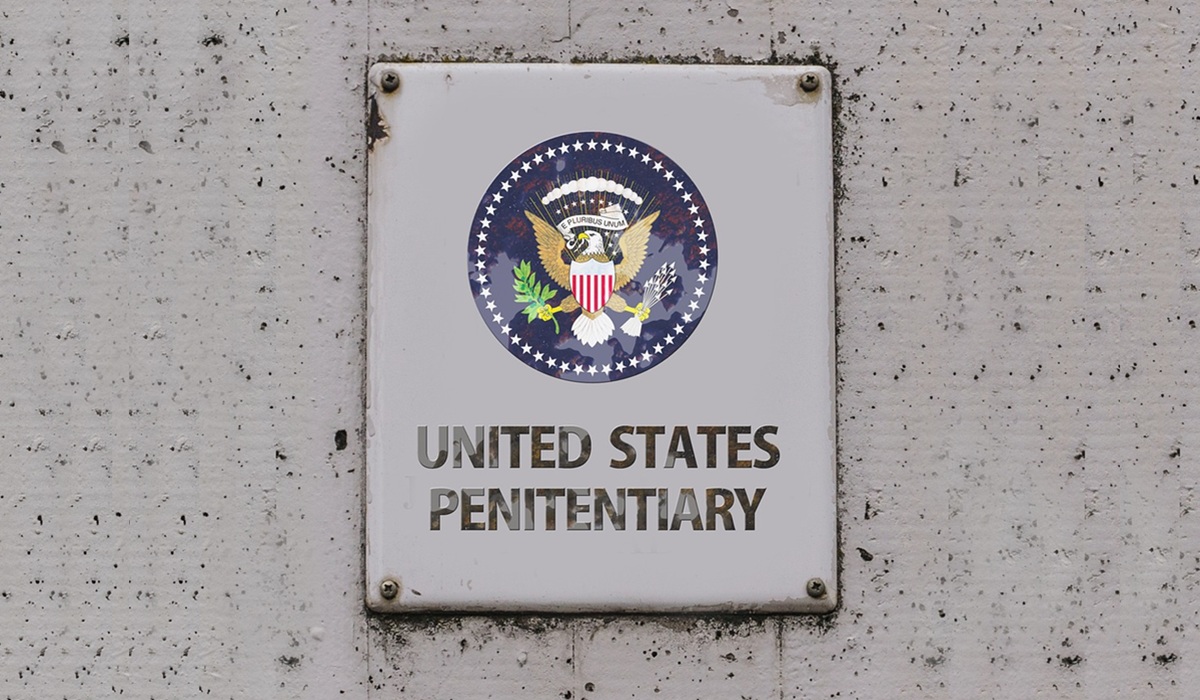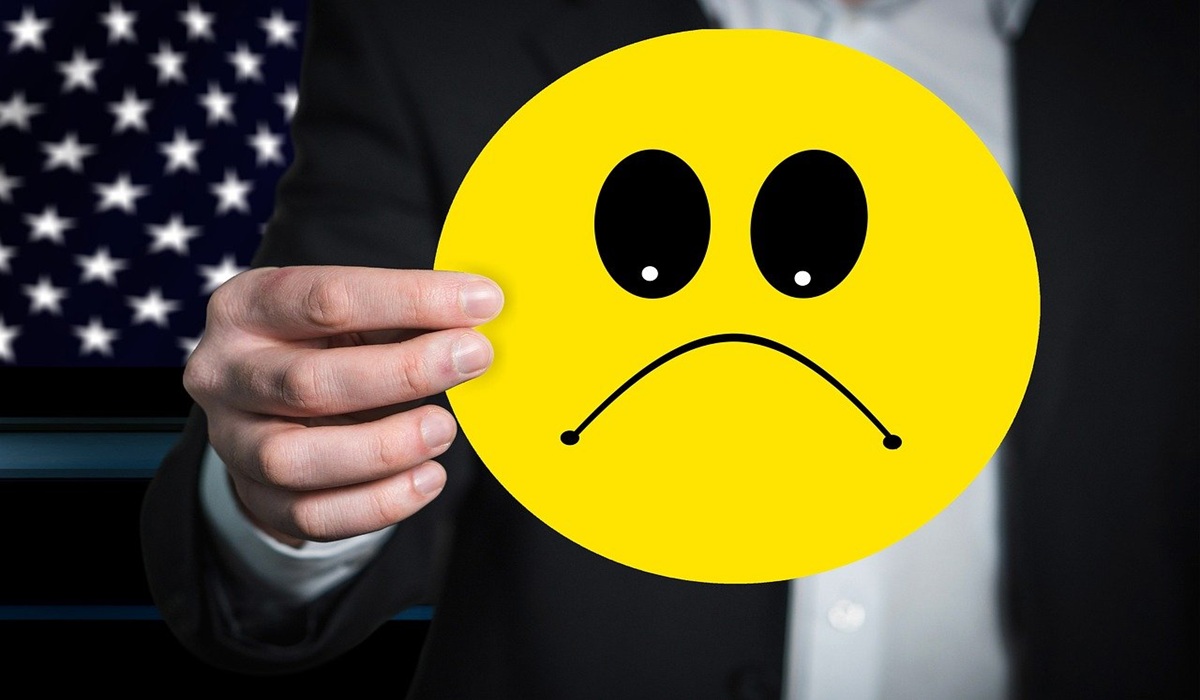In a moment of rare clarity during a U.S. Senate hearing, Senator Tommy Tuberville posed a question to the head of U.S. Africa Command, asking, “What’s your most pressing need that we can help you with?” The general’s response was sharp and unambiguous: force protection. He called for integrated air missile defense and improved ISR (intelligence, surveillance, and reconnaissance) platforms, and hinted that in closed session, he could elaborate more candidly. Yet even in this public exchange, what was not said outright was perhaps the most revealing. The implicit message was this: the U.S. is preparing for something. And at the center of it is Africa—specifically Burkina Faso.
The general cited a 40% rise in terrorism across the continent, but beneath the numbers lies a deeply political subtext. The focus on Burkina Faso isn’t accidental. It is one of the few African nations that has, in recent years, decisively rejected Western intervention and chosen a path of self-determination. By nationalizing its gold mines, cutting off the CFA franc, and building institutions that prioritize internal capacity over foreign aid, President Ibrahim Traoré has upended the neo-colonial economic and military paradigms that have long bound much of Africa to the whims of Western powers.
And this, it seems, is unacceptable.
What is unfolding now is a troubling evolution of the “weapons of mass destruction” doctrine—an updated playbook where “terrorism” becomes the blanket justification for strategic intervention. The groundwork is already being laid with rhetoric that positions Burkina Faso as a security threat, not because of what it’s done wrong, but because of what it dares to do right: say no to France, say no to America, and say yes to itself.
The United States denies any role in destabilizing the region or supporting coups, and we should take those denials seriously. But we also have to consider the broader context: a long and painful history of covert operations, proxy wars, and regime change under the guise of national security. Too many coincidences, too many veiled threats, and too much discomfort with African nations refusing to remain clients of Western military or economic dominance.
President Traoré has, in less than two years, accomplished what decades of Western “development aid” could not. He’s re-energized national pride, reasserted control over key resources, and dared to believe that Burkina Faso could chart its own future. For some, that vision is inspiring. For others, it is dangerous.
If we are honest about history, then we must acknowledge that what is happening today echoes the worst chapters of yesterday. But this time, the people of Africa—along with a growing number of the global community—are watching more closely, speaking more loudly, and pushing back more forcefully.
The world doesn’t need another justification. It needs reflection. It needs restraint. And most of all, it needs to finally learn that a country choosing to stand on its own is not an act of aggression—it’s an act of sovereignty. And that should never be mistaken for terrorism.









